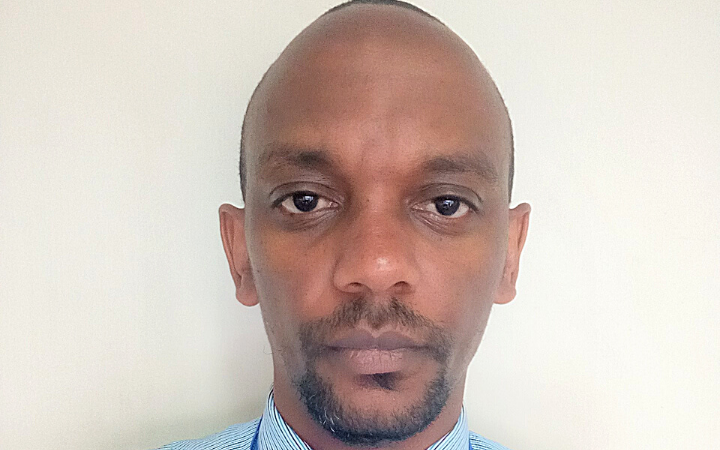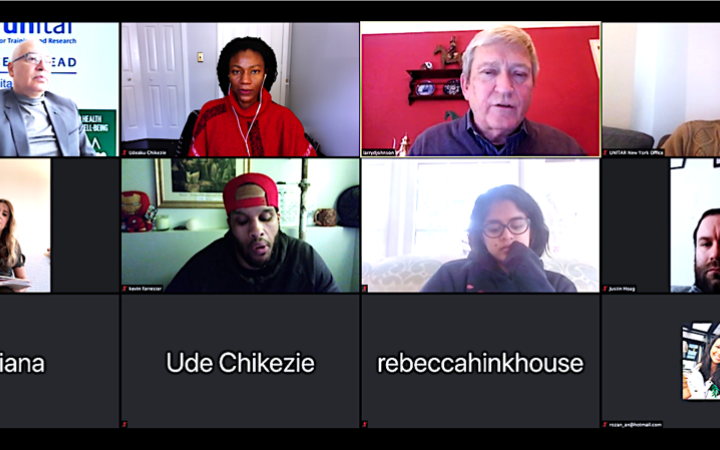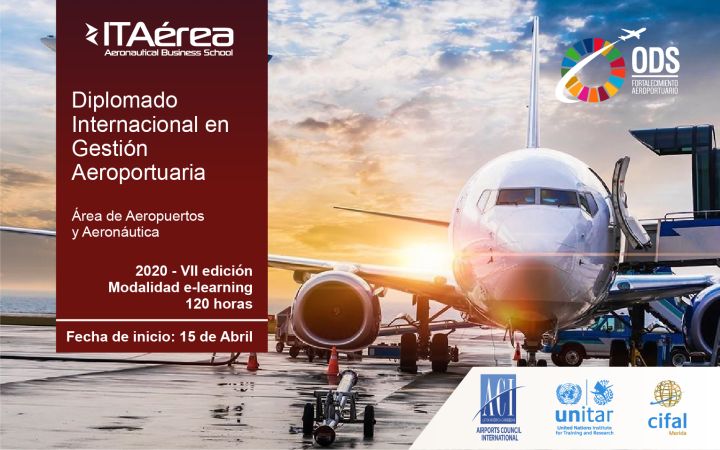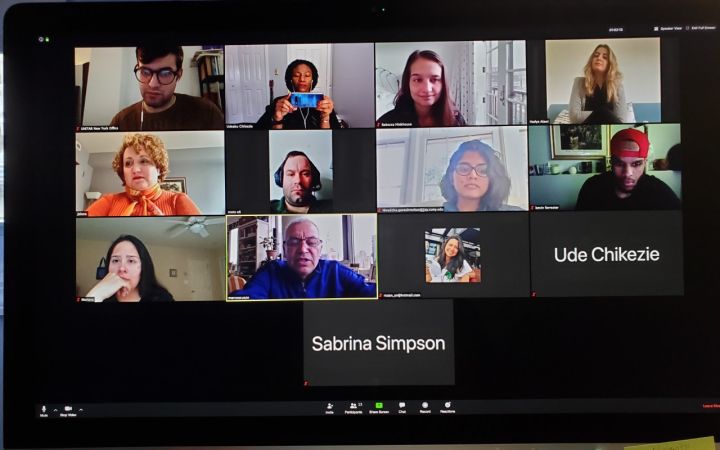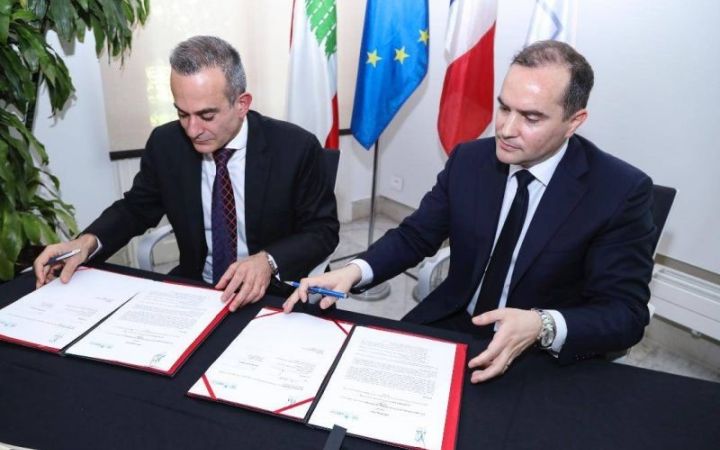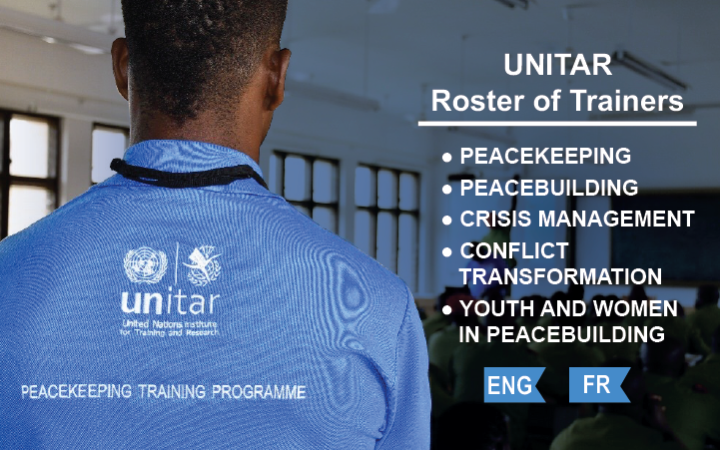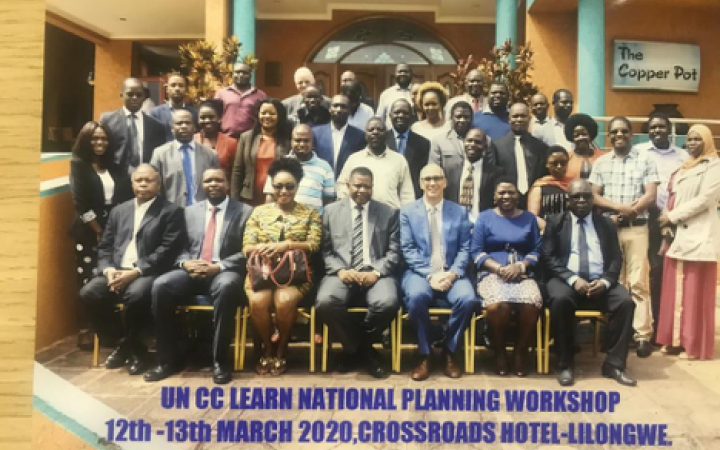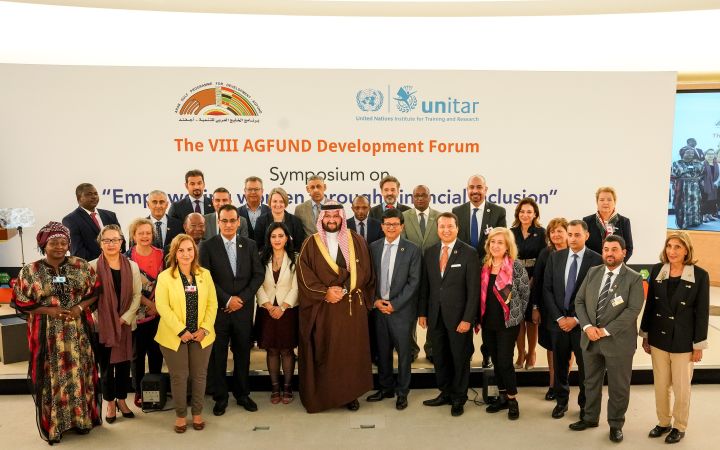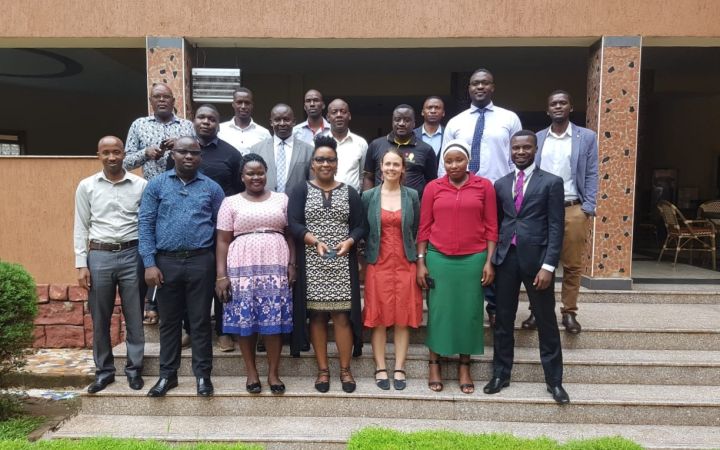Displaying 1311 - 1320 of 1734
Immediately after the course, he got the opportunity to engage in a forum where an agriculture implementation strategy was being developed for Kenya. This was perfect timing for Kelvin, as the course was still fresh in his mind and agriculture is a key sector for Kenyan trade.
18 April 2020, New York, USA - The United Nations Institute for Training and Research (UNITAR) New York Office concluded the Spring Session 2020 Global Diplomacy Initiative (GDI) programme with the last zoom conference lecture and closing ceremony on April 17, 2020. In compliance with the ongoing COVID-19 health and safety measures, this remarkable training which would normally have taken place at the United Nations Headquarters in New York was accomplished remotely.
15 April 2020, Madrid, Spain – UNITAR and CIFAL Merida in partnership with ITAérea Aeronautical Business School, the Airport Group of the Southeast of Mexico (ASUR) and the Airports Council International Latin America and the Caribbean (ACI-LAC) launched today the Diploma in Airport Management - online modality.
3 April 2020, New York, USA - The United Nations Institute for Training and Research (UNITAR) New York Office transferred the classroom training component of UNITAR in the Headquarters to online and video conference. UNITAR has adapted its Columbia Law School Training , its first module for "Realizing the Future We Want: Training Series in preparation for the General Assembly’s 2020 quadrennial comprehensive policy review of operational activities, and our regular Global Diplomacy Initiative (UGDI) Programme for the Spring Session to classes following the 11 March 2020 assessment by the World Health Organization (WHO) that COVID-19 was a pandemic.
23 March 2020, Geneva, Switzerland – Following the signature of a partnership agreement on March 3rd 2020, UNITAR is pleased to launch the first edition of the Master’s in International Affairs and Diplomacy in Lebanon with ESA Business School.
UN CC:Learn launched a new e-course 'Climate Change: From Learning to Action'. It provides a comprehensive understanding of climate change and how to turn your knowledge into action to take a stand against this issue. Registrations opened!
In February 2020, UNITAR Division for Peace launched a roster of trainers to consolidate the best expertise and knowledge available globally in the fields of peacekeeping, peacebuilding, crisis management, and conflict transformation. Applications are accepted through the online questionnaire, accessible through the links in the respective vacancy announcements. Vacancy announcements are grouped by thematic areas, with each group being published every two-three weeks.
UN CC:Learn and Malawi launched a joint project on Climate Change Learning Strategy. The National Planning Workshop contributed to the review of the 2013 National Climate Change Learning Strategy and served as a means to foment dialogue between key stakeholders in Malawi and other partner countries.
9 March 2020, Geneva, Switzerland - Following the launching of the UNITAR-AGFUND Global Learning Platform on Financial Inclusion during the 8th AGFUND Development Forum in Geneva, Switzerland on October 8, 2019, UNITAR and AGFUND announces the launching of 8 online training courses to support Financial Inclusion in Africa and the Middle East.
9 March 2020, Kampala - UNITAR-UNOSAT and the UN Technology Bank, in partnership with the Ugandan Ministry of Science, Technology and Innovation (MOSTI) have conducted a one-week training course from 2 to 6 March 2020 in Kampala on the use of Geospatial Information Technologies (GIT) to reduce the impact of disaster situations.


